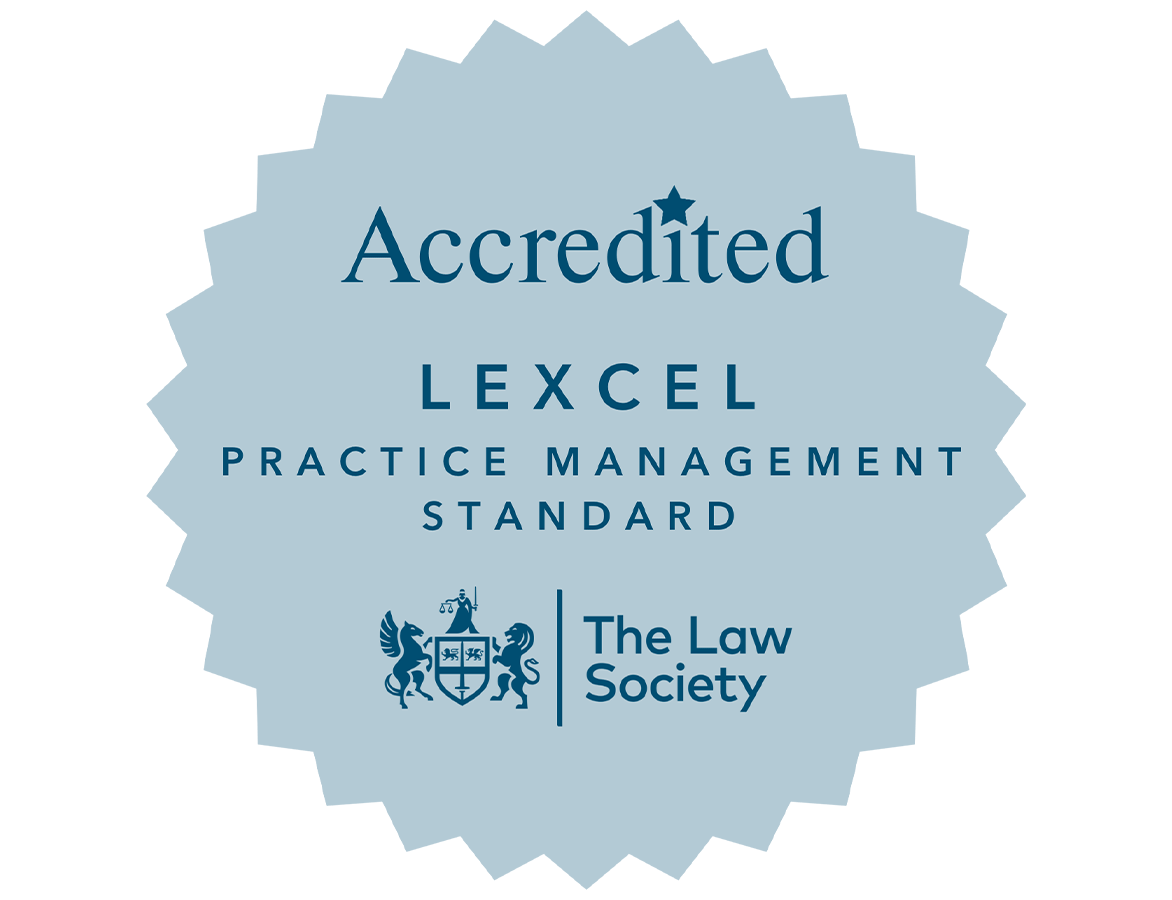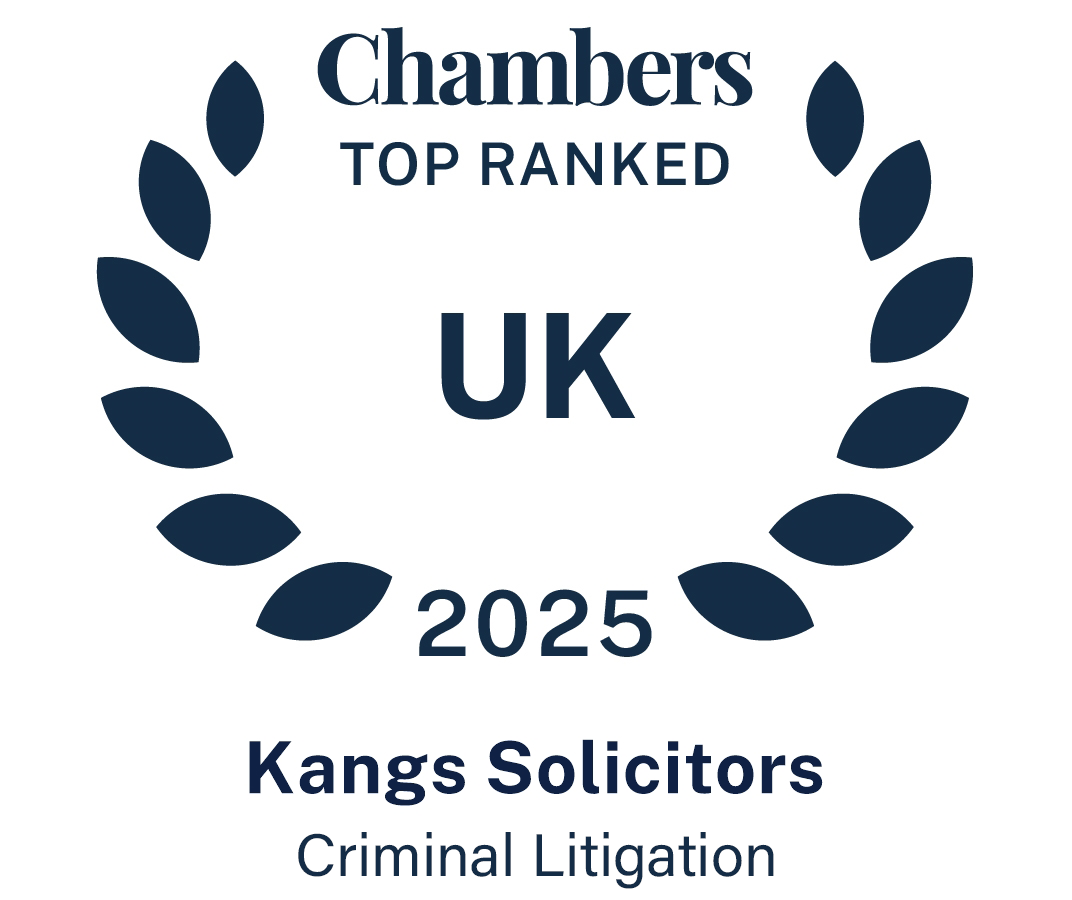RSPCA Investigations & Prosecutions
Expert Legal Defence for Animal Welfare Allegations or Charges
Whether you are a farmer, breeder or work in another profession involving animals, we understand how daunting and distressing it can be to face accusations of animal cruelty, especially when your livelihood depends on them.
As an owner, trainer, breeder or farmer, accusations of animal cruelty can significantly damage your reputation, which is essential for conducting business. If found guilty, the penalties can be severe, including custodial sentences of up to five years, affecting both your freedom and financial stability.
At KANGS, we understand the critical balance between ensuring animal welfare and protecting your rights. Our experienced legal team is here to defend your interests and safeguard your future.
Why choose us:
- Specialised Expertise: Our solicitors have a deep understanding of animal welfare laws and regulations.
- Comprehensive Legal Support: From the initial investigation to court proceedings, we provide robust legal representation at every stage. Our team is skilled in handling complex cases and mitigating potential penalties.
- Investigation Defence: If you are being investigated by the RSPCA, our team will guide you through the process, ensuring your rights are protected.
- Client-Centred Approach: We prioritise your needs and work diligently to build a strong defence strategy tailored to your specific situation, protecting your livelihood and reputation.
- Appeals: If you need to appeal a decision, we have the experience to navigate the complexities of the Court of Appeal, striving for a favourable outcome on your behalf.
Understanding Your Rights
It is crucial to know your rights when dealing with the RSPCA and other prosecuting agencies and regulatory bodies. At KANGS, we empower you with the knowledge and support needed to navigate legal challenges effectively.
If you are in a profession involving animals and facing an RSPCA investigation or charges related to the Animal Welfare Act 2006, do not face them alone. Contact us for a confidential consultation and let us help you safeguard your future.
Testimonials
Got a question?
Who do KANGS act for in RSPCA investigation or prosecution?
We represent individuals and companies engaged in commercial activities involving animals, such as:
- Livestock Farming including Dairy farming
- Poultry Farming
- Fish Farming
- Horse breeding, training and racing companies
- The Pet industry
- Zoos and Aquariums
- Wildlife Parks and UK Safari Tours
- Animal Entertainment and Shows (Circus)
- Research Laboratories
What KANGS can help you with?
Our experienced team of criminal defence lawyers is able to guide individuals and businesses through the most complex RSPCA investigations.
We are able to assist from the moment you either receive written notification of an investigation or when the RSPCA and the Police attend at your premises unannounced to execute a search warrant or carry out an arrest.
We represent clients in formal interviews under caution and work with them to prepare a robust defence strategy where appropriate.
If the matter proceeds to court, we will safeguard and protect your interests as we have over twenty-five years’ experience of defending clients in the Magistrates’ Court and Crown Court facing such allegations.
Contact KANGS
The expert lawyers at KANGS are available to assist you. We can arrange initial consultations in person, by video call or telephone.
Please contact one of our experts listed below or contact us at:
What is the Animal Welfare Act 2006?
The Animal Welfare Act 2006 is the principal legislation relating to animal welfare, the following Sections are commonly referenced in RSPCA investigations and private prosecutions:
Section 4 - Causing unnecessary suffering:
A person commits an offence if:
- an act of his, or a failure of his to act, causes an animal to suffer,
- he knew, or ought reasonably to have known, that the act, or failure to act, would have that effect or be likely to do so,
- the animal is a protected animal, and
- the suffering is unnecessary.
Section 5 - Mutilation:
A person commits an offence if:
- he carries out a prohibited procedure on a protected animal;
- he causes such a procedure to be carried out on such an animal.
Section 7 - Administrating Poisons:
A person commits an offence if, without lawful authority or reasonable excuse, he:
- administers any poisonous or injurious drug or substance to a protected animal, knowing it to be poisonous or injurious, or
- causes any poisonous or injurious drug or substance to be taken by a protected animal, knowing it to be poisonous or injurious.
Section 8 - Fighting:
A person commits an offence if he:
- causes an animal fight to take place, or attempts to do so;
- knowingly receives money for admission to an animal fight;
- knowingly publicises a proposed animal fight;
- provides information about an animal fight to another with the intention of enabling or encouraging attendance at the fight;
- makes or accepts a bet on the outcome of an animal fight or on the likelihood of anything occurring or not occurring in the course of an animal fight;
- takes part in an animal fight;
- has in his possession anything designed or adapted for use in connection with an animal fight with the intention of its being so used;
- keeps or trains an animal for use for in connection with an animal fight;
- keeps any premises for use for an animal fight.
Section 9 - Duty of person responsible for animal to ensure welfare:
- A person commits an offence if he does not take such steps as are reasonable in all the circumstances to ensure that the needs of an animal for which he is responsible are met to the extent required by good practice.
How do RSPCA investigations work?
The RSPCA will investigate upon receiving a complaint or suspicion of an offence, which will be assigned to an inspector responsible for assessing and determining whether any offences have occurred.
After the inspector evaluates the alleged offences, if any are suspected, attempts will be made to conduct interviews. It should be noted that the RSPCA does not have the legal authority to gather evidence or compel you to participate in questioning.
The inspector will also attempt to obtain the following:
- Expert advice (e.g., veterinary advice)
- CCTV
- Phone footage
- Photographs
- Witness statements
The inspector will prepare a case file that the RSPCA’s prosecution team will review, ensuring it meets both the evidential and public interest tests required for a prosecution.
What are the penalties if convicted of an animal welfare offence?
If an individual or business is found guilty of offences under the Animal Welfare Act 2006, the Court can impose various punishments, including:
- An unlimited fine
- A custodial sentence of up to 5 years
- Seizure or destruction of an animal or animals
- Disqualification from keeping an animal or animals for a specific period of time
- Disqualification from keeping an animal or animals for a life
- Repayment of RSPCA legal costs
Other consequences include negative media attention and reputational damage which can lead to financial instability, sometimes even causing businesses to shut down.
What to do if you have been contacted by the RPSCA
As soon as you suspect you or your business has been reported to the RSPCA or if you receive any correspondence from them, it is crucial to seek legal advice immediately. Expert guidance and professional defence by a solicitor are essential to achieve the best possible outcome.
Latest News & Insights
Restaurant Owner Delighted | Food Safety and Hygiene Prosecution Successfully Resolved
Get in touch
Send an enquiry










